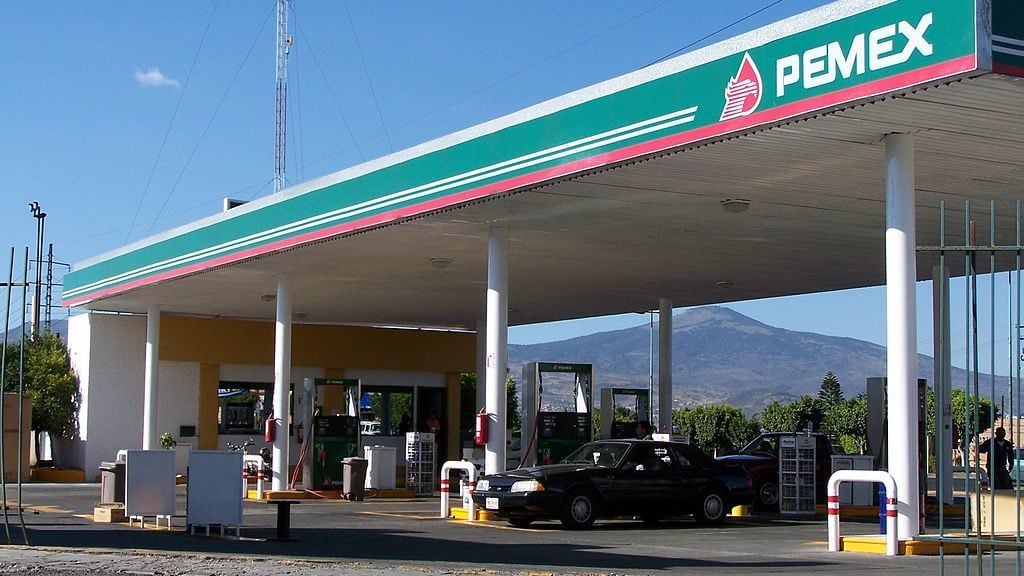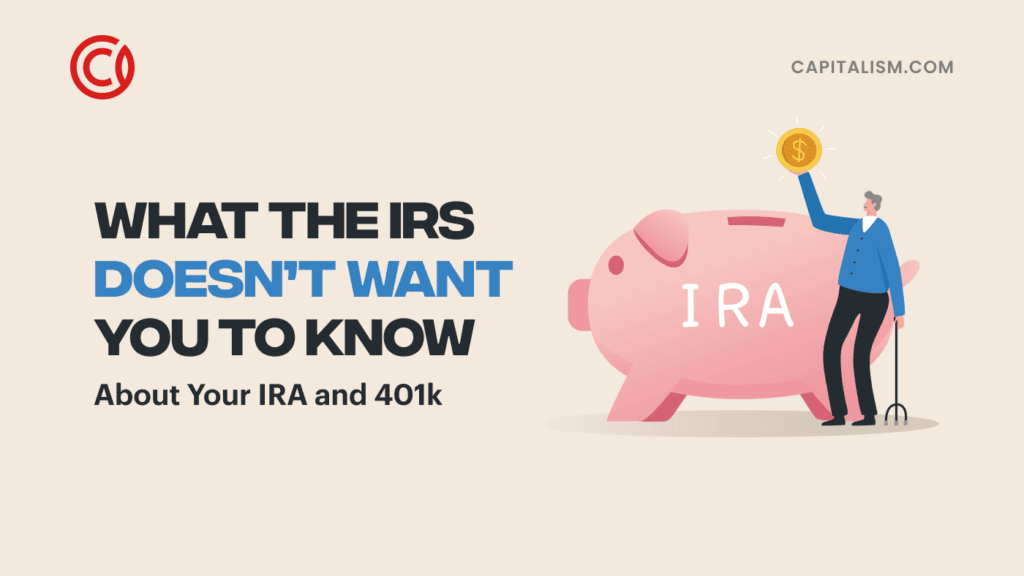Over the past few months, consumers in many areas in Mexico have been suffering massive gas shortages.
Many gas stations have closed down due to the shortages, and prices have greatly increased in the hardest hit areas. The shortage has led to weeks of protesting and looting across the various Mexican states.
Drug cartels, such as the Jalisco New Generation cartel, have also threatened to “burn gas stations in response to the price hikes.”
The gas shortage comes at the same time that energy regulations are being relaxed to allow for more private investment and competition in Mexico’s gasoline market. For decades, the energy sector has been controlled by a state-sponsored monopoly, Petróleos Mexicanos (Pemex) which has been mired in financial trouble for years and costing taxpayers billions every year.
Naturally, protestors and pundits are blaming the economic reforms and deregulation for the gas shortages. Many have taken to the streets not to protest the poor economic planning by Pemex or the failed government energy policies, rather gas station owners who have no recourse but to raise prices or shut their doors.
In 2013 and 2014, the Mexican government passed numerous energy reforms to open the market to “foreign participation in exploring, producing, sale, import and refining of fuels.” As these reforms are now taking effect as of the first of the new year, PEMEX is struggling with keeping production levels on par with demand as well as a plethora of logistical concerns in freight.
But the reforms themselves have nothing to do with the gas shortages and the subsequent rising cost of gasoline, despite the cries from left-wing protestors. On the contrary, as energy analyst at Rice University, Miriam Grunstein said, “anyone saying gas is going to rise because of competition is crazy. It will go up because of a lack of competition and lousy management.”
Grunstein is exactly right and highlights the real problem as it pertains to gasoline prices in Mexico. For years, Pemex has suffered terrible planning, which has led to billions in losses and government bailouts.
This recent crisis is the result of the same terrible policies by the government sponsored monopoly and its inability to adapt to global changes in energy.
It really shouldn’t come as a surprise that government is to blame for this gasoline crisis. A worse situation is occurring in Venezuela as a result of the same type of government planning.
Venezuela also has a government energy monopoly (PDVSA) that is responsible for virtually all of the gasoline production, distribution and sale of gasoline in the country. When oil prices tanked globally in 2015, they were forced to reduce the price on their gasoline exports which the government responded by printing massive amounts of currency to make up for the revenue shortfalls.
And as inflation set in, shortages of goods began appearing throughout the economy and still plagues Venezuelans today.
Ironically, the energy reforms in Mexico will be what saves the economy and ends the gas shortage. Shortages occur due to a general lack of available supply in accordance to demand. In the case of Mexico, production woes, distribution problems, maintenance issues and pipeline theft have all contributed to the gas shortages. But the real problem exists in trusting a single entity to provide to the masses.
In a highly competitive environment, if one company makes a mistake or engages in poor economic planning, its competitors are quick to pick of their slack.
Essentially, the poor decisions of one, or a few companies in a market have a minimal impact on the entire market itself. But when a single entity is responsible for providing for the many, any mistakes in planning, or even external factors beyond the company’s control, have a drastic impact on the entire market.
The Mexican government obviously acknowledged that Pemex just could no longer sustain itself as a sufficient source for the entire energy market any longer. The current gas crisis is an obvious example of such. And the reforms that they have established will have the result of increasing competition, private investment, and foreign imports, all of which will reduce prices domestically.
While the energy market will still be heavily controlled, and not an ideal free market as would be desirable, the energy reforms in Mexico will indeed bring an end to the suffering. As the gas crisis winds down, we will see an emerging market plush with investment and competition entering into the energy sector in Mexico.
This will result in more jobs, lower prices and an increase in production as firms will be competing for consumer business, not just trying to meet a government quota.
The gas crisis in Mexico is yet another example of the failure of government planning in lieu of what would otherwise be a competitive market. There are way too many moving parts in any industry for government bureaucrats – who have no real interest in being efficient since there are no profits to be lost – to adequately provide for all.
As many here in the U.S. continue to advocate for single-payer systems in healthcare and education, I can only hope that situations like this one in Mexico serve as warnings to not replace competitive markets with government monopolies.
RELATED:
• Think College is Necessary? Think Again.
• Why Competitive, Transparent Pricing Matters in Affordable Healthcare
• The Error of Price Gouging Legislation











